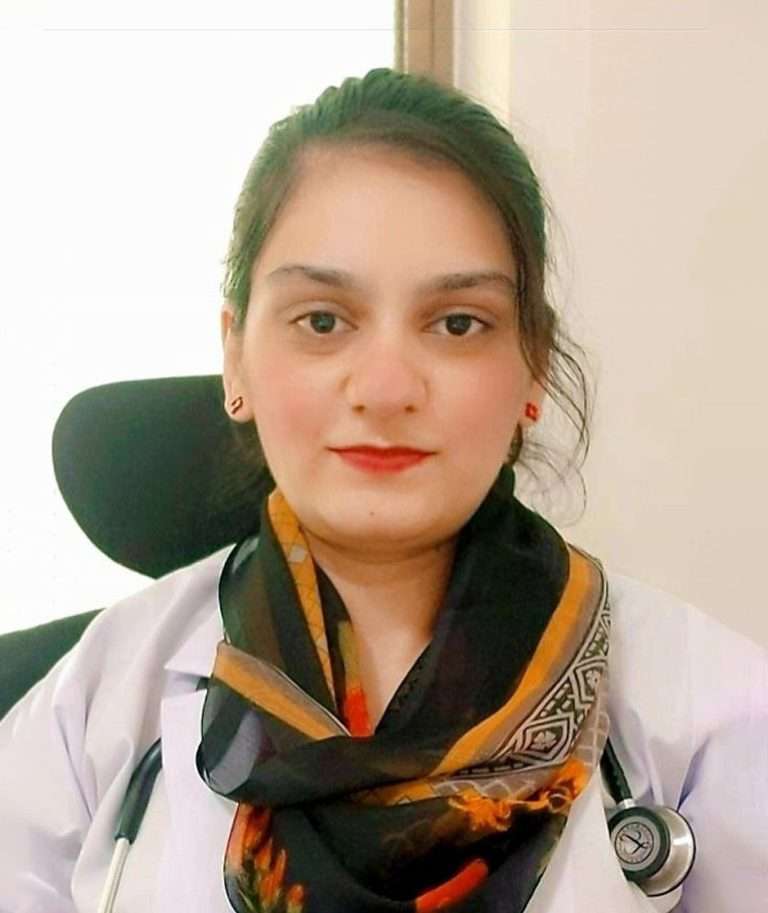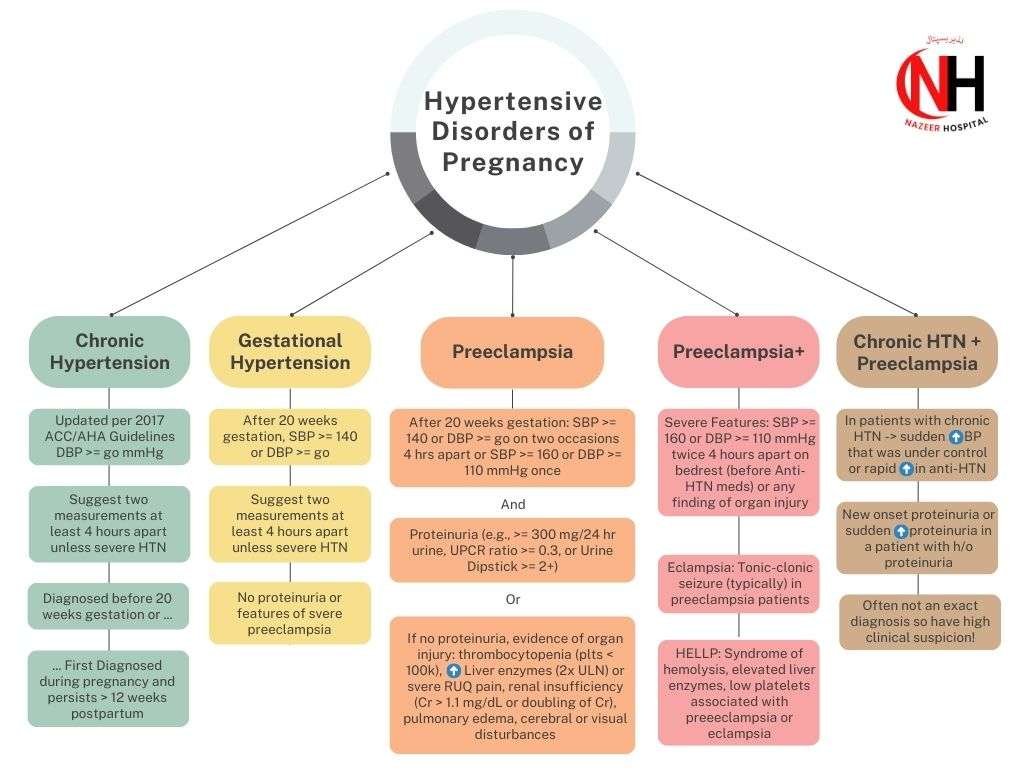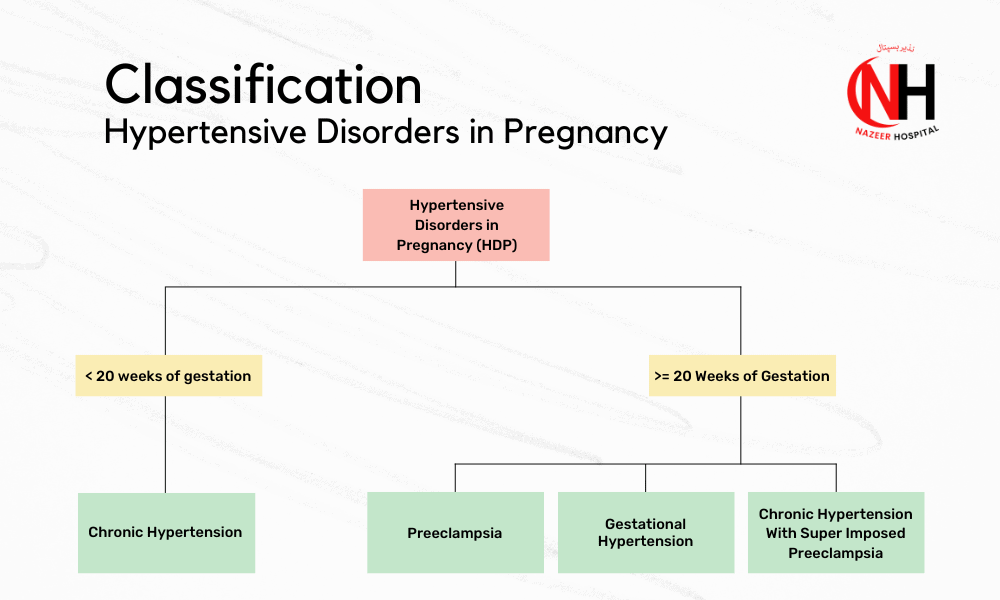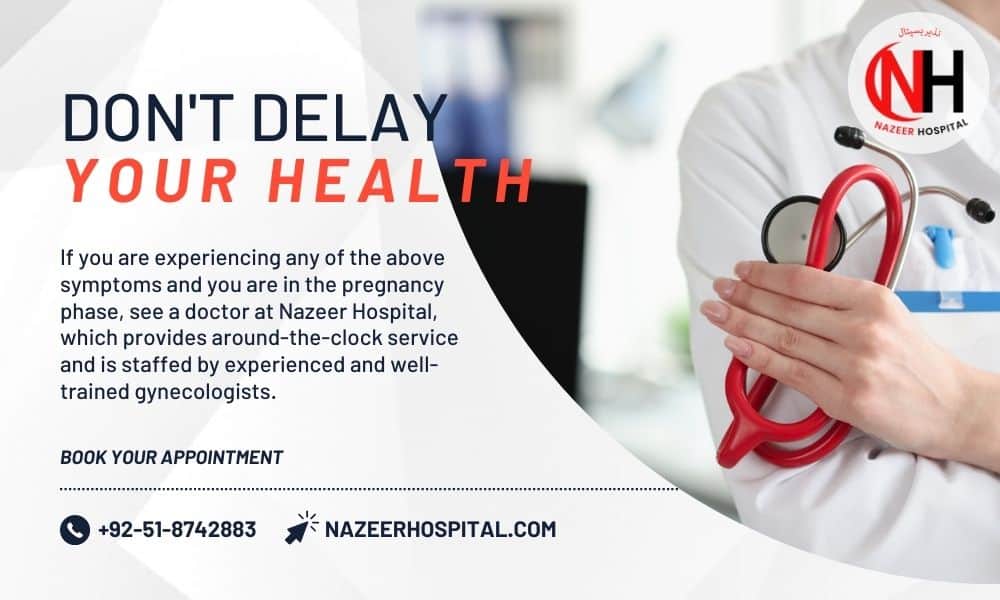Hypertensive Disorders of Pregnancy – A Must Read!
PIH is thought to be due to an imbalance between the production of vasopressin (ADH) and prostaglandin E2. Both these hormones cause blood vessels to constrict, so when too much vasopressin is produced, it causes constriction in the vessels, leading to low blood flow. The most common symptoms of PIH are mild to moderate swelling of the hands and feet, weight gain, nausea and vomiting. A pregnant woman with these symptoms should consult her doctor as soon as possible because it can lead to severe complications such as preeclampsia (Hypertension), HELLP syndrome (hemolysis, elevated liver enzymes and low platelets) or placental abruption.
Let us discuss each type in detail.
Chronic Hypertension in pregnancy
Chronic Hypertension is a condition of high blood pressure that has been present for more than three months before pregnancy or in the past. It is also known as chronic systemic Hypertension, pre-existing Hypertension or essential Hypertension. If a woman has chronic Hypertension before becoming pregnant, it will usually remain untreated during pregnancy and may not require any treatment.
However, if it develops during pregnancy, then treatment may be necessary. It is important to note that blood pressure during pregnancy is usually higher than measured before pregnancy, as it increases due to the growing uterus and placenta. Women should be treated with anti-hypertensive medications.
1. Symptoms of Chronic Hypertension in pregnancy
- Headaches
- Migraines
- Dizziness and feeling faint
- Fatigue and weakness
- Chest pain or discomfort in the heart area
- Swelling of hands, feet and face
2. Diagnosis of Chronic Hypertension in pregnancy:
- Blood pressure is taken, at a clinic or doctor's office, two times approximately 4 hours apart.
- A 24-hour urine collection test can determine any problems with your kidneys.
- You may have an ultrasound of the kidneys and blood vessels in your abdomen to check for any abnormal growths or narrowing of the blood vessels.
3. Treatment of Chronic Hypertension in pregnancy:
- Whether you smoke or not, the severity of your ailment and how well your body reacts to medication are all factors that influence treatment.
- You may need to take several medications, in which case you will be given instructions on how to take them properly.
- If you have severe Hypertension and protein in your urine, you may need treatment with a medicine that is injected into your body (parenteral) or an artery (intra-arterial).
Gestational Hypertension
Gestational Hypertension is a disorder that affects women during pregnancy. It shares many of the same signs and symptoms as high blood pressure caused by pregnancy, but it occurs earlier in a woman’s pregnancy (it may be present before she knows she is pregnant). There is no established reason for gestational Hypertension, but it is thought to result from the hormonal changes that occur during pregnancy. When you are pregnant, your body produces more estrogen and progesterone. These hormones relax the blood vessels in the mother’s body so more blood can travel through them.
1. Symptoms of Gestational Hypertension:
- Some pregnant women with gestational Hypertension might not even exhibit any symptoms at all.
- In some cases, however, the mother may experience headaches and other aches or notice that she often feels tired.
- She may also feel dizzy or lightheaded sometimes.
2. Diagnosis of Gestational Hypertension:
- The first step in diagnosing gestational Hypertension is an ultrasound.
- This test looks at the growth of the fetus and any abnormalities that may be present.
- It can also help determine any other problems with your pregnancy, like diabetes or placental abruption.
- A blood pressure monitor will also be used to check your blood pressure throughout pregnancy.
3. Treatment of Gestational Hypertension
- The first step in treating gestational Hypertension is to reduce your blood pressure.
- This can be done with medication or other therapies, like yoga and massage.
- You may need to take medications that lower blood pressure throughout pregnancy or even after delivery.
Preeclampsia
High blood pressure may also accompany preeclampsia, a condition that can appear during pregnancy. It’s caused by problems with the placenta and often develops later in pregnancy. Receiving treatment as soon as possible is crucial since preeclampsia can lead to significant health issues for both mother and child. The condition can develop at any stage of pregnancy, but it’s most common in the third trimester. Preeclampsia is also known as toxemia and eclampsia. It’s also associated with premature birth and stillbirth.
1. Symptoms of Preeclampsia
- Blurred vision
- Headaches
- Swelling in your face, hands, or feet
- Abdominal pain or tenderness
- Frequent urination (wetting more than six times a day)
2. Mild preeclampsia
- The mother has high blood pressure (greater than 140/90 mmHg).
- Protein in her urine (300 mg).
- Edema (swelling) in her hands or face.
- Liver failure.
3. Preeclampsia Diagnosis and Treatment
- A doctor can diagnose preeclampsia by examining the mother's medical history and performing a physical exam on her abdomen and legs. She may then order tests such as an ultrasound or amniocentesis to determine whether or not she has preeclampsia.
- Preeclampsia is treated through a combination of medication and lifestyle changes.
- The first step is to control your blood pressure with medication, which will prevent seizures and other complications.
- You may also be given magnesium sulfate to help prevent seizures, or you may be given a steroid called betamethasone to help reduce swelling in your body.
4. Precautions
These include:
- avoiding alcohol and tobacco
- eating more leafy greens (such as spinach)
- reducing salt intake
- taking folic acid supplements
- losing weight if needed (if you are overweight)
- stopping or reducing caffeine intake (including tea)
- reducing stress levels (through yoga or meditation)
- getting plenty of rest every day
- and not lifting anything heavy while pregnant (such as suitcases).
HELLP Syndrome
1. Symptoms of HELLP
- Headache
- Vomiting
- Lightheadedness or fainting
- Dizziness or confusion
- Low blood platelet count
- Abdominal pain
If you encounter any of these symptoms during pregnancy, contact your doctor immediately so they can make sure that you are not experiencing HELLP syndrome.
2. HELLP Syndrome Diagnosis and Treatment
HELLP syndrome is diagnosed through a combination of blood tests, physical examination, and ultrasound.
Blood tests are used to measure two types of proteins:
LDH (lactate dehydrogenase)
AST (aspartate transaminase)
- These two protein levels are higher than usual in HELLP syndrome. The levels of these proteins can be measured through either a blood test or urine test.
- A person experiencing HELLP syndrome will have a higher amount than what's considered healthy for these two proteins.
- A physical examination may reveal that the patient has signs of preeclampsia, such as swelling in their hands and feet, headaches, and high blood pressure.
- An eye exam may also reveal retinal hemorrhages or vision changes due to eye bleeding. An ultrasound will show an enlarged placenta with little movement of fetal growth.
- HELLP syndrome is treated with medications that reduce the risk of blood clots and anti-nausea and pain medications. These medications can help reduce the symptoms of HELLP syndrome and allow you to feel more comfortable.
- Your doctor may recommend bed rest and hospitalization in this case. This is because HELLP syndrome can be dangerous for you and your baby if it goes untreated or isn't treated correctly.
Eclampsia
Eclampsia is a complication of pregnancy that affects about 2% of pregnancies. It is characterized by seizures, which can be either convulsions (usually tonic-clonic movements) or absence seizures. Eclampsia is also associated with high blood pressure and protein in the urine.
1. Symptoms of Eclampsia
Eclampsia is a severe condition that occurs in pregnant women. It can lead to seizures, strokes, and even death. There are several symptoms of eclampsia, including:
- frequent headaches
- dizziness
- nausea and vomiting
- vision changes, such as spots or blurred vision
- confusion or difficulty concentrating
- seizures
2. Eclampsia Diagnosis and Treatment
Eclampsia is diagnosed based on symptoms and medical history. A doctor will ask questions about your symptoms and perform a physical exam to determine if you have eclampsia.
If the doctor suspects that you have eclampsia, they may order tests to confirm their diagnosis. These may include:
a. Blood tests
Blood tests can help determine if the level of protein or sugar in your blood is abnormal. They can also check for signs of infection or bleeding problems.
b. Urinalysis
This test checks for signs of kidney damage, such as increased creatinine levels or blood in the urine.
c. CT scan
This test uses X-rays and computer technology to produce images of internal tissues, bones, fat, and organs. These scans may be used to look for signs of brain hemorrhage or stroke in people with eclampsia.
3. Eclampsia Diagnosis and Treatment
- Eclampsia is a severe condition that requires immediate medical attention. It can be life-threatening for both the mother and the baby.
- The first course of treatment is to replace lost fluids, restore blood pressure, and prevent seizures. This may involve an IV drip or blood transfusion. Other medications may also be used to control blood pressure and heart rate to prevent seizures
- In severe cases of eclampsia, when the mother's condition cannot be stabilized with medications, she may need to deliver the baby sooner than planned by Cesarean section.
Conclusion
In conclusion, although many pregnant women with high blood pressure have healthy babies without serious problems, high blood pressure can be dangerous for both the mother and the fetus. Some women develop high blood pressure while they are pregnant (often called gestational Hypertension), which is related to pre-existing chronic high blood pressure in some cases.
However, complications with the pregnancy are usually not caused by gestational Hypertension alone but by pre-existing chronic high blood pressure as well.
Frequently Asked Questions
Hypertension is a condition in which your blood pressure is elevated, which affects almost half of all adults nowadays.
Hypertension in pregnancy, also called gestational Hypertension, typically refers to high blood pressure that develops during pregnancy. It’s important to note that this condition differs from preeclampsia, a more serious condition with additional symptoms.
You should maintain a healthy weight to reduce your blood pressure. Eating a balanced diet, including lots of fruits and vegetables, and exercising regularly are sure ways to control your blood pressure during pregnancy.
Normal blood pressure in pregnancy is considered to be a systolic blood pressure (the top number) of less than 120 mmHg and a diastolic (the bottom number) of less than 80 mmHg.
Diastolic Hypertension is caused by a narrowing of the arteries, which reduces blood flow to the heart. Sometimes this narrowing can be caused by high cholesterol or high blood pressure.
Dr. Summayya Khalid

I am fully licensed, highly passionate and determined medical practitioner with a empathetic and professional attitude having strong clinical abilities combined to providing patients with the best care possible. I am skilled in handling paediatric, gynaecological & obstetric emergencies as well.
I also participated in various conferences and seminars and achieved certificates. I am a motivated team leader with strong organization and prioritization abilities, I have organized and participated in health camps in remote areas.





